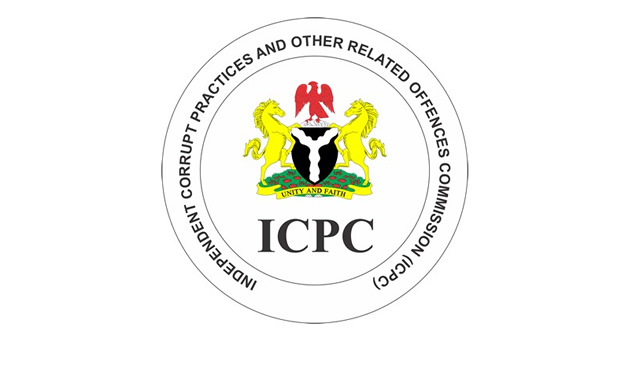By Matthew Denis
In a bid to strengthen the fight against corruption in Nigeria, the Independent Corrupt Practices and Other Related Offences Commission (ICPC) has trained and engaged Nigerian Union of Journalists (NUJ) and information stakeholders on keenly reporting corruption activities professionalism.
While giving his opening remark at the One-Day Workshop on Effective Collaboration in Corruption Prevention with NUJ on Monday, the Chairman of ICPC, Dr. Musa Adamu Aliyu SAN said “It is truly gratifying to see critical stakeholders in the information and public relations sector united by our shared goal of combating corruption for the benefit of our nation.
“The spirit of patriotism and shared responsibility in this room gives me great confidence that our objectives for today will be achieved. Corruption is indeed a complex and deeply entrenched challenge within various facets of our society. Addressing this reality requires a multifaceted approach, with all of us playing our part. As enshrined in Section 15(5) of the 1999 Constitution of the Federal Republic of Nigeria, one of the main functions of government in Nigeria is to combat corruption and abuse of office.
“The ICPC is dedicated to fulfilling its mandate under the law. Information is one of our most potent tools, and this is where the media becomes indispensable. The power of the press—through investigative journalism, policy analysis, and online advocacy—cannot be overstated.
“As we know, the media plays a pivotal role in shaping public opinion and driving accountability. Investigative journalism exposes corruption, holds public officials accountable, and facilitates transparency. The ICPC has long valued its collaboration with the media, partnering on initiatives such as investigative training, radio and television programs, and tracking anti-corruption projects, including the Constituency and Executive Projects Tracking Initiative.
The Chairman stressed that the media’s role in amplifying these efforts is critical to ensuring that public resources are utilised effectively and that projects meet quality specifications.
He said “the media can also serve as a platform for advocacy, using editorials, blogs, and opinion pieces to raise public awareness about corruption. Furthermore, online campaigns via social media can mobilise public support for anti-corruption activities, while podcasts like our recently launched EthicsPod offer incisive discussions on ethics and integrity.
“At the ICPC, we understand the significant influence of the media in raising awareness, educating the public, and promoting accountability at both micro and macro levels. Given our core mandate and the various anti-corruption and corruption prevention initiatives we have introduced, we appreciate that the power of the pen is a vital weapon in our collective fight against corruption.
“I also want to take this opportunity to appeal to all Nigerians to support public officials in their commitment to integrity. It is essential that we create an environment where ethical conduct is encouraged and celebrated. By fostering a culture of accountability and transparency, we can collectively strengthen our institutions and contribute to a corruption-free Nigeria.”
The Senate Committee Chairman on Anti- Corruption, Sen. Udende Emmanuel ably represented by his Deputy Chairman, Sen. Kaka Shehu Lawan tasked the participants to collaborate with Anti-Corruption agencies through their reportage in exposing corrupt activities.
The President of Nigeria Union of Journalists (NUJ), Cmr. Isiguzo Chris said “today, we are gathered here as journalists from across the nation, united by a shared goal: to explore the immense potential of the media as a force for positive change, especially in combating corruption.
“Corruption remains one of the greatest impediments to Nigeria’s progress. It undermines development, widens inequality, and perpetuates a cycle of poverty and instability. As journalists, we hold the power to shine a light on these injustices, to expose the truth, and to advocate for the transparency and accountability that are the bedrock of any functioning democracy.
“The media serves as a bridge between the government and the people. Our reports shape public opinion, inform decision-making, and mobilize citizens. When corruption is exposed, it is the public’s outrage and demands for justice that often lead to action. In this way, journalists do more than report the news as we drive social change by engaging citizens and encouraging civic participation.”

